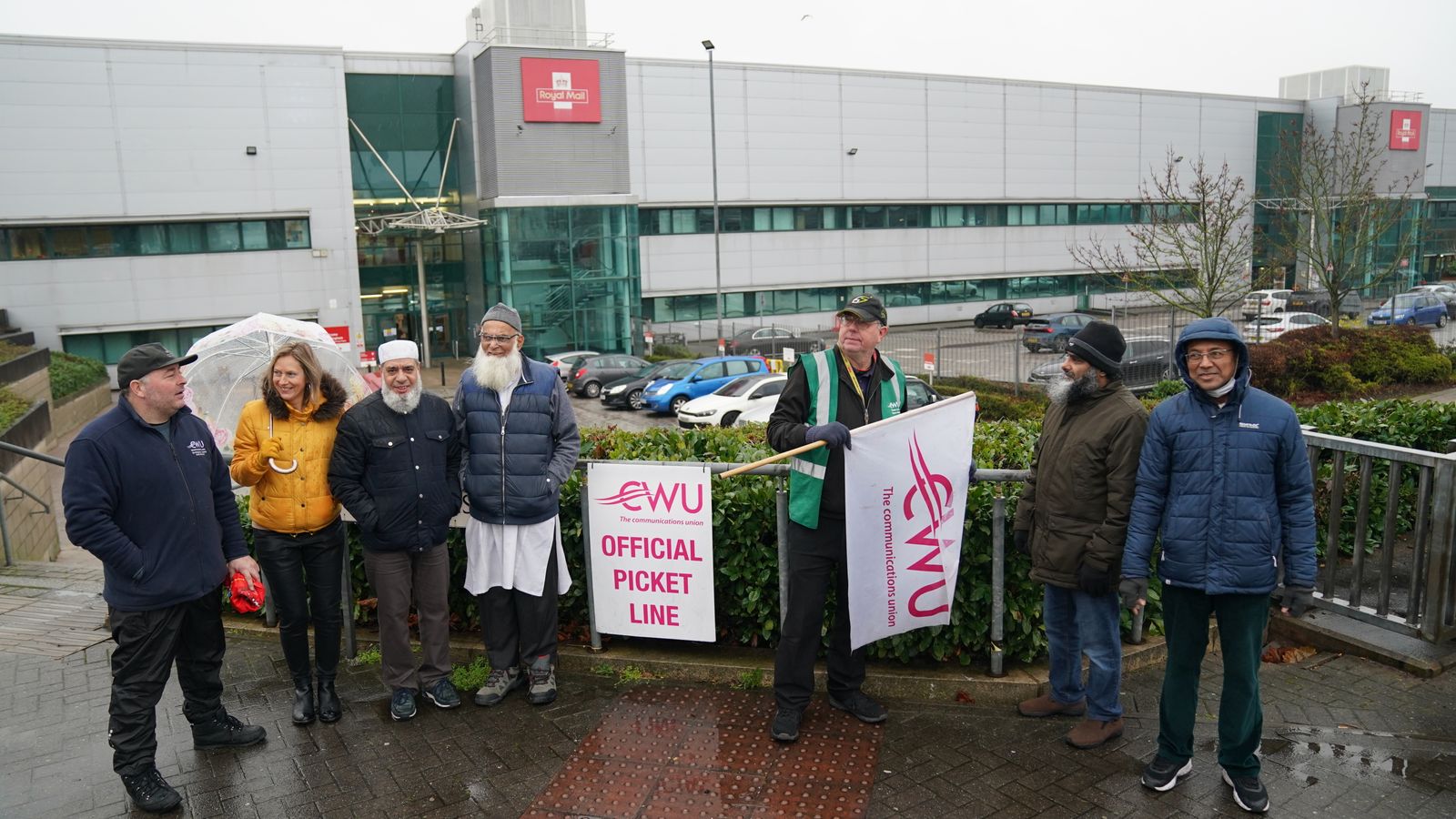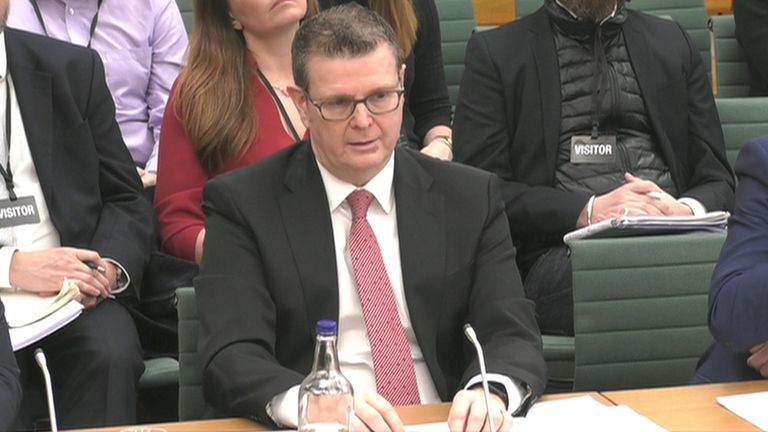Royal Mail strikes end as postal workers vote to accept pay deal


The dispute between Royal Mail and staff represented by the Communication Workers Union (CWU) has officially come to an end after months of bitter exchanges.
Members of the union have voted by 67% to accept a deal with Royal Mail that was reached in April. Turnout of members was more than 75%.
The CWU had recommended members accept the deal. More than 115,000 postal workers held a total of 18 days of strikes between September and December last year, demanding higher pay and better working conditions as rising inflation eroded earnings.
Under the agreement, staff will get a 10% rise over three years and a one-off lump sum of £500, though the union had initially sought an annual increase in line with the rate of inflation – currently running at 8.7%.
The deal also includes later starting times for deliveries which, Royal Mail said, would respond to greater demand for next-day parcels, improve quality of service and create greater growth capacity.
New seasonal working patterns and regular Sunday working, sought by the company, were also agreed. Royal Mail said this would allow it to grow its seven-day parcels business and adapt to changing customer demands.
A win for the CWU was the promise of an independent inquiry into suspended or sacked workers and reduced use of agency workers.
While industrial action has concluded, ill will between the union and Royal Mail remains.
The head of the CWU, Dave Ward, said the near year long period of negotiating and industrial action has been “the most challenging period in both the history of the union and the company”.
Advertisement
“Many workers simply do not trust Royal Mail group because of the company’s lack of integrity and the way they are being treated.”
Acceptance of the deal will not mean a scaling down of union activity, Mr Ward said, nor is it an “endorsement” of Royal Mail actions. “This result will be the start of the union reconnecting in every workplace”.
The bitter dispute involved the union calling for the resignation of chief executive Simon Thompson and Mr Thompson saying the company was losing £100m a day during strike action. In May he announced he was stepping down.
Key, busy dates for Royal Mail were targeted by the CWU to cause maximum disruption. Walkouts took place on the busy online shopping days of Cyber Monday and Black Friday.
Please use Chrome browser for a more accessible video player
1:27
Royal Mail boss admits parcels are prioritised over letters.
On days of strike action, Mr Thompson admitted to a hearing of the Business Committee that Royal Mail prioritised delivering parcels over letters. Mr Thompson had been recalled by MP members of the committee who challenged his credibility.
The company faces an Ofcom investigation, and could be fined, over its missed delivery targets.
The targets require Royal Mail to deliver 93% of first-class mail within one working day of collection; deliver 98.5% of second-class mail in three working days of collection; and complete 99.9% of delivery routes on each day that a delivery is required.
But the former state-owned monopoly said only 73.7% of first-class mail arrived within one working day; 90.7% of second-class post arrived within three working days; and just 89.35% of delivery routes were completed for each day a delivery was required.
Royal Mail’s parent company, International Distribution Services, welcomed the CWU vote result.
“The agreement provides Royal Mail a platform for the next phase of stabilising the business whilst continuing to drive efficiencies and change,” a statement said.
“The operational changes in the agreement are designed to be good for customers, increasing our ability to improve services and quality; good for employees, retaining job security and giving people a pay rise; good for the environment, reducing the company’s reliance on domestic air, further reducing carbon emissions; and good for shareholders, supporting the long-term sustainability of the business.”